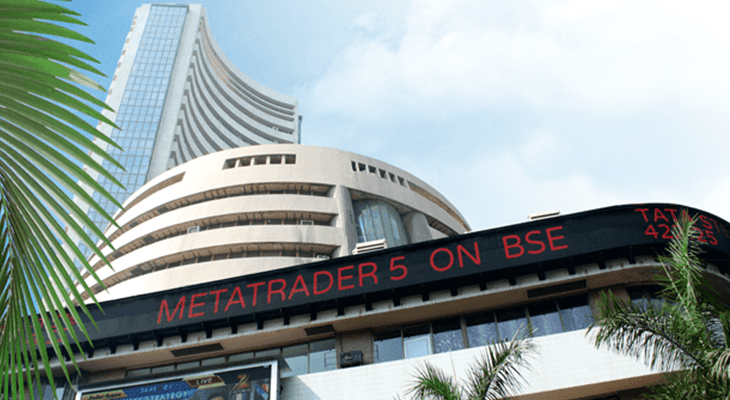BSE Sensex is a common word in India’s investor’s and trader’s dictionaries. It is an important stock market index and is considered to be the barometer of the Indian stock market. I would not be lying if I said it is the key factor in the health of the Indian economy.
Founded in 1875, BSE stands for Bombay Stock Exchange. It is Asia’s oldest stock exchange, first introduced in 1986 with a base value of 100. This Sensex covers 30 of the largest stocks on the BSE. It includes a diverse range of sectors including banking, IT, and manufacturing.
BSE Small-Cap:
In April 2005, BSE launched a new index referred to as ‘BSE Small-Cap’. For investors wishing to purchase small-cap stocks listed on the BSE at the time, a platform had to be made available. The platform given by BSE Small-Cap was ideal for them. Stocks not included in the BSE 100 or BSE 500 index are included in it. It comprised businesses from a variety of industries, such as Jindal Steel & Power, Canara Bank, and Apollo Hospitals.
Small-cap vs Large-cap
What distinguishes small-cap from large-cap stocks, then? Well, investing in small-cap stocks can be a little riskier than in large-cap stocks as they are more likely to collapse since they are less well-established. Large-cap corporations are a relatively secure investment because of their track record of success. But taking a chance can pay off. Small-cap companies produce better returns over the long run than large-cap stocks as they are more likely to grow quickly if they are profitable.
Role in Indian Stock Market:
BSE is important because it helps investors predict the direction of the Indian stock market and hence check the performance of mutual funds. The index is closely watched by traders and analysts, who use it to identify trends and make investment decisions. The Sensex is employed as a risk management tool as well. Index futures and options can be used by investors to protect their portfolios against market volatility. The Sensex is also used to develop index-linked goods like exchange-traded funds (ETFs), which let investors buy a variety of stocks whose performance is tracked by the Sensex.
Conclusion:
BSE and BSE Small-Cap are indexes for investors who are looking to invest. While BSE lists all the stocks, BSE Small-Cap filters the stocks and shows only small-cap stocks that are neither in BSE 100 index nor in BSE 500 index. If you want to invest for the long term and are ready to take a bit of risk, you should go ahead with BSE Small-Cap otherwise you are better off with the classic BSE. You can check out the 5paisa website that allows you to invest in both BSE and BSE Small-Cap. 5 paisa also shows other stats including livestock performances helping investors to invest carefully and efficiently. So, what are you waiting for? Start investing now!




